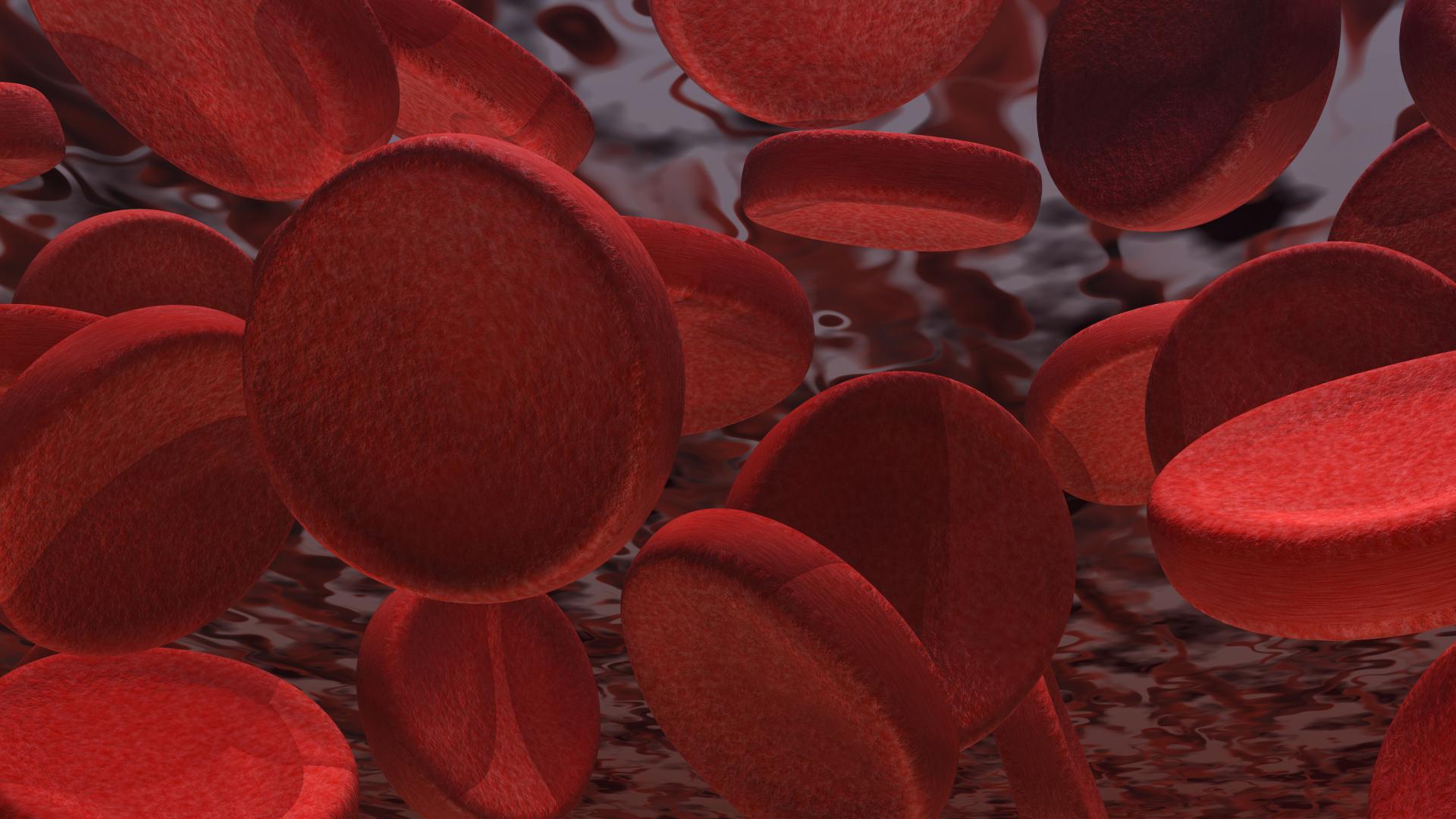A Blood Sample Speeds Alzheimer’s Diagnosis
Written By: BrightFocus Editorial Staff



Written By: BrightFocus Editorial Staff

What: A test allows clinicians to accurately detect amyloid plaques in the brain from a single blood draw.
Where: West T et al, “A Blood-based Diagnostic Test Incorporating Plasma Aβ42/40 Ratio, Apoe Proteotype, and Age Accurately Identifies Brain Amyloid Status: Findings from a Multi Cohort Validity Analysis,” Molecular Neurodegeneration, 2021.
BrightFocus Connection: This project was supported by Alzheimer’s Disease Research (ADR) grants to Randall Bateman, MD of Washington University School of Medicine; and to Philip Verghese, PhD, and Joel Braunstein, MD, MBA, of C2N Diagnostics in St. Louis, MO. Coauthors David Holtzman, MD, also of Washington University School of Medicine, is a past ADR grantee and current chairman of the ADR Scientific Review Committee.
Why It Is Important: About half of people with Alzheimer’s disease (AD) do not get a clinical diagnosis, in part because diagnostic tests – such as brain scans and tests of the cerebrospinal fluid (CSF) surrounding the brain and spine – are expensive and complicated. At the same time, diagnosis – especially when it occurs early in the disease – comes with big advantages. For one, making changes to diet, sleep, and exercise can improve or delay symptoms, but work best if done early. Drugs and therapies also appear to work better earlier in the course of AD, in some cases before symptoms even appear. Finally, a clear diagnosis, made as soon as possible, allows families and loved ones to spend time together and plan for changes to come.
With the goal of both accelerating AD diagnosis and making it more accessible, scientists have been working for years on the development of AD blood tests. In this study, the authors tested just how well the PrecivityAD™ blood test, the first to become widely available in the United States and European Union countries, works in a variety of clinical settings. They used the test to analyze 414 plasma samples that were collected, processed, and stored at six sites across the U.S. Despite slight differences in collection methods at each of the clinical sites, the test consistently identified the presence of amyloid plaques in the brain with about 86 percent accuracy, as confirmed by PET scans of the brain or CSF testing, the gold standard methods for detecting amyloid plaques.
The PrecivityAD blood test works by measuring the ratio of two types of beta-amyloid proteins and, combined with detecting what types of Apolipoprotein E proteins are present in the blood and age, helps identify brain amyloid status. While the test is not a diagnostic tool that can stand alone, distinguishing people with amyloid plaques from those without amyloid plaques could help speed diagnosis of AD, differentiating it from other causes of dementia, and thus lead to improved medical decision making. It could also help streamline clinical trial enrollment, helping to screen for volunteers who are most apt to qualify, and to benefit from AD-specific therapies.
BrightFocus Foundation is a premier global nonprofit funder of research to defeat Alzheimer’s, macular degeneration, and glaucoma. Through its flagship research programs — Alzheimer’s Disease Research, Macular Degeneration Research, and National Glaucoma Research— the Foundation has awarded nearly $300 million in groundbreaking research funding over the past 51 years and shares the latest research findings, expert information, and resources to empower the millions impacted by these devastating diseases. Learn more at brightfocus.org.
Disclaimer: The information provided here is a public service of BrightFocus Foundation and is not intended to constitute medical advice. Please consult your physician for personalized medical, dietary, and/or exercise advice. Any medications or supplements should only be taken under medical supervision. BrightFocus Foundation does not endorse any medical products or therapies.
